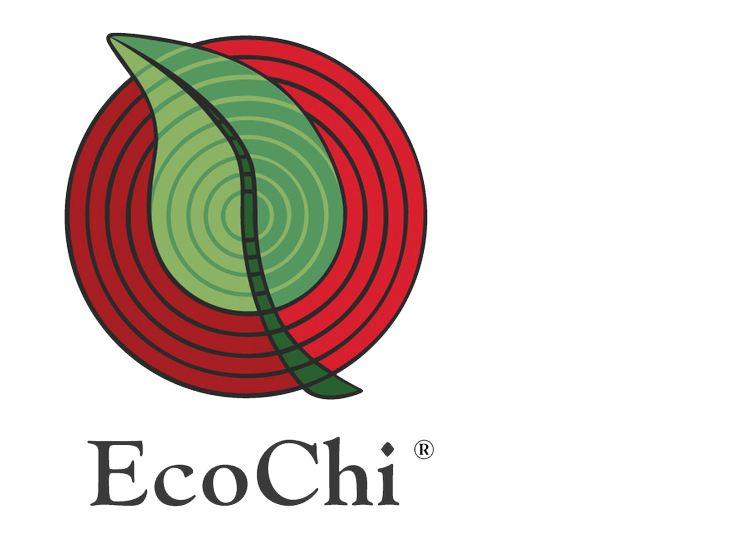Mind Over Milkshakes (From Dr. Andrew Goldstein’s Member Share)
POSTED BY AMERICAN PSYCHOLOGICAL ASSOCIATION (APA), RESEARCH BY CRUM, A. J., CORBIN, W. R., BROWNELL, K. D., & SALOVEY, P. (2011)
The effect of food consumption on ghrelin, nicknamed the 'hunger hormone' because it stimulates appetite, increases food intake and promotes fat storage, may be psychologically mediated. If so, this means that mindset, not just nutrients, meaningfully affects physiological responses to food. If you believe you are consuming something with low calories, your body might react as such.
OBJECTIVE: To test whether physiological satiation as measured by the gut peptide ghrelin may vary depending on the mindset in which one approaches consumption of food.
METHODS: On 2 separate occasions, participants (n = 46) consumed a 380-calorie milkshake under the pretense that it was either a 620-calorie "indulgent" shake or a 140-calorie "sensible" shake. Ghrelin was measured via intravenous blood samples at 3 time points: baseline (20 min), anticipatory (60 min), and post consumption (90 min). During the first interval (between 20 and 60 min) participants were asked to view and rate the (misleading) label of the shake. During the second interval (between 60 and 90 min) participants were asked to drink and rate the milkshake.
RESULTS: The mindset of indulgence produced a dramatically steeper decline in ghrelin after consuming the shake, whereas the mindset of sensibility produced a relatively flat ghrelin response. Participants' satiety was consistent with what they believed they were consuming rather than the actual nutritional value of what they consumed.
CONCLUSIONS: The effect of food consumption on ghrelin may be psychologically mediated, and mindset meaningfully affects physiological responses to food.
Copyright © 2019 EcoChi, LLC. All rights reserved.




